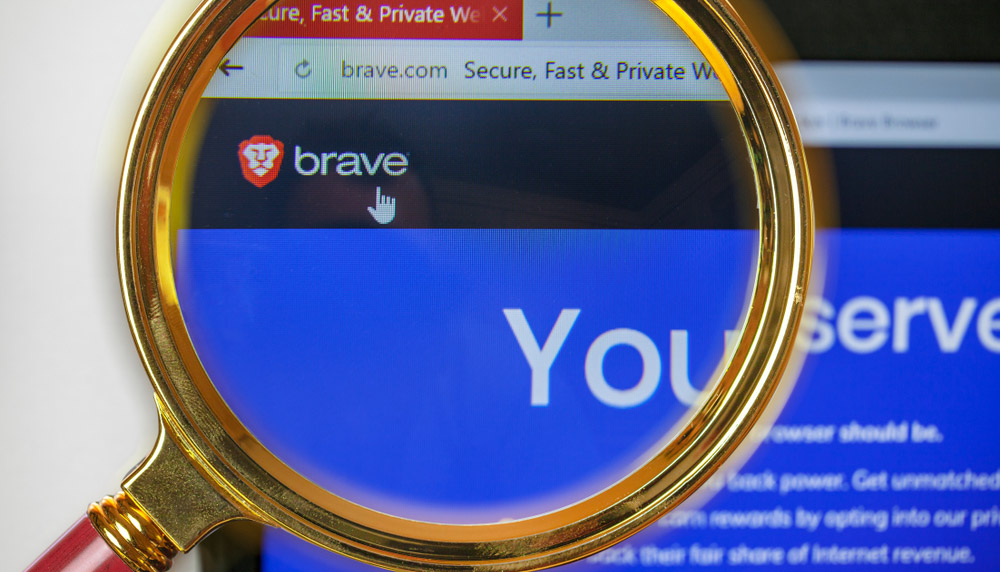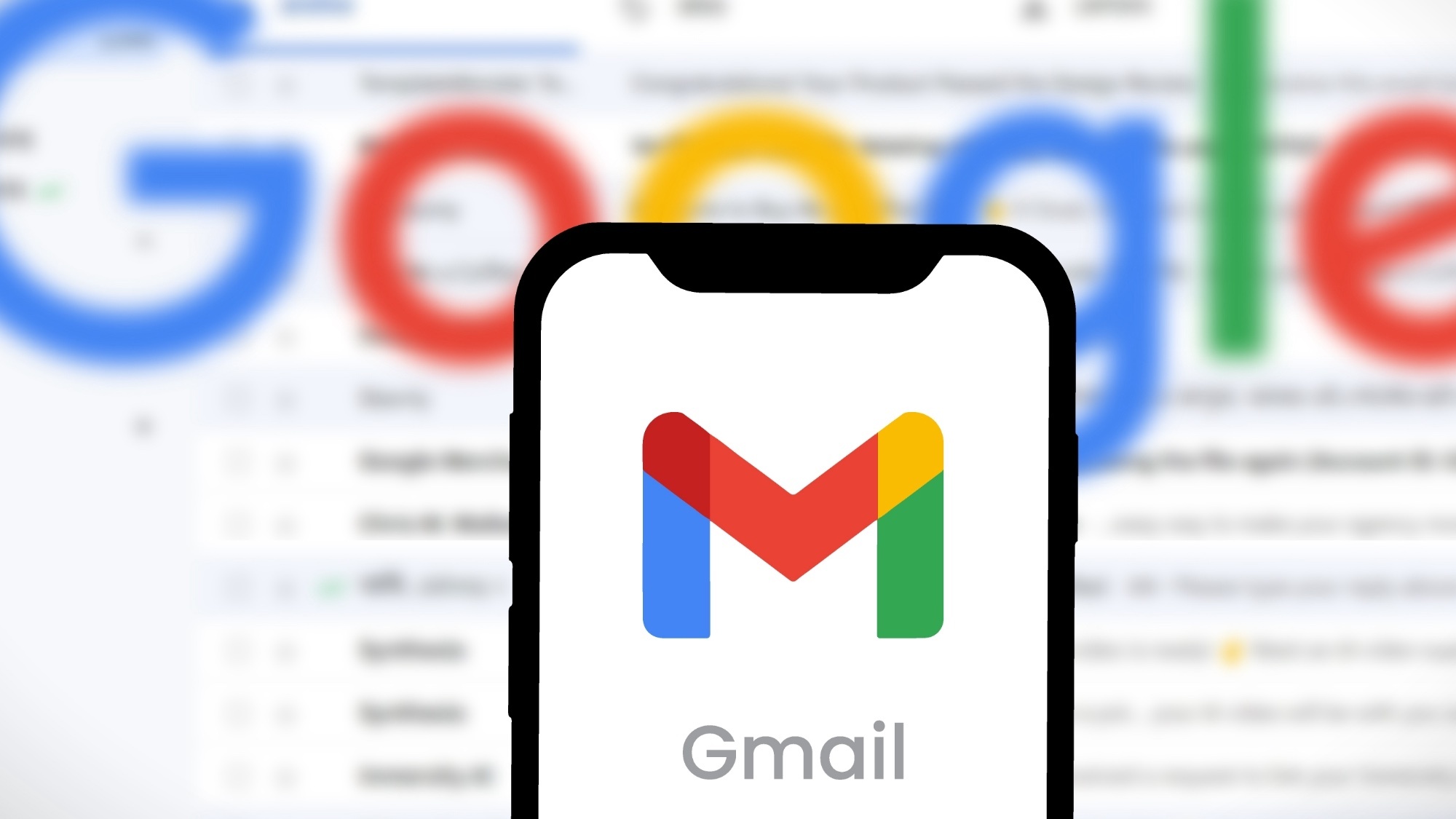Brave Search promises to be the anti-Google, with no tracking or profiling
New privacy-focused search engine enters public beta testing

The company behind the privacy-oriented Brave web browser has launched the beta test of its own search engine, appropriately called Brave Search.
Brave co-founder and CEO Brendan Eich, formerly of Mozilla, said in a blog post yesterday (June 22) that the Brave search engine will give users "the control and confidence they seek in alternatives to big tech."
To that end, the company said that Brave Search will not track or profile users nor will it rely on other search engines for "common queries" (more on that in a bit). Brave Search also promises to be transparent about how it gathers and ranks search results.
We gave Brave Search a whirl and found that it holds up well against Google and Bing, with similar results and presentation of information. You can access Brave Search at https://search.brave.com/, and it can also be set as the default search engine in the Brave web browser.
- This iPhone bug kills your phone's Wi-Fi — what you need to know
- Here are the best encrypted messaging apps
- Plus: Google Pixel 6 vs Pixel 5: Biggest upgrades to expect
Does Brave Search really protect your privacy?
Whether Brave Search will protect your privacy is hard to measure at this early stage. It certainly does join Bing as another viable alternative to Google. (Bing is a much better search engine than you may realize.)
As for DuckDuckGo, the original privacy-oriented search engine, that feels like a throwback to the '90s, with mainly text-based search results but little else. Brave Search feels more like Google or Bing.
DuckDuckGo does have a "Recent News" box high on the page and an information box to the right side, as do the others. But Brave Search adds features that Bing and Google also include, such as a "People Also Ask" box for related searches, a box for video results, and a larger infobox than what DuckDuckGo provides. (Bing has the best infoboxes of all.)
Get instant access to breaking news, the hottest reviews, great deals and helpful tips.
Brave Search's results also give you about 18 text links per page, as opposed to 8 or 9 for Google, between 7 and 10 for Bing and 10 for DuckDuckGo. Generic queries, such as for "fish," let you toggle between universal and local results, such as for fish markets and restaurants. Results pages have about as many images as Google's results but fewer than Bing's.
Brave does dip into other search engines occasionally
Brave Search is based on the Tailcat search engine, which was originally created for an aborted German web browser called Cliqz. Brave announced in March of this year that it had bought Tailcat.
Eich told Tom's Guide then that Brave planned to use Tailcat to build "the first multi-platform, private, browser/search alternative to the Big Tech platforms." He pointed out that DuckDuckGo "relies on Bing as the search engine under its hood."
That may be true, but Brave Search isn't quite free of Bing and Google either.
"For some features, like searching for images, Brave Search will fetch results from Microsoft Bing," according to yesterday's Brave blog post.
A long explanation of Brave Search's methods on a separate page states that while "Brave is fully capable of answering 99% of queries completely on its own," in actuality, a small percentage of results for certain queries may end of being "fetched anonymously from third parties, namely Google and Bing."
This is done because Brave "may not be completely confident in our results to be at the level of quality you'd expect," especially during the beta testing.
Near the bottom of every Bing search-results page, there's a link to "find elsewhere," with links to the same search query you typed into Brave Search as resolved by Google, Bing and another search engine called Mojeek.
However, every query we typed into Brave Search, even one for an obscure town on a Caribbean island we're familiar with, came back with "All results from Brave." That was pretty impressive.
You can check to see how many results are Brave's, and how many are from other search engines, by clicking the Info link near the top of every Brave Search results page. Clicking the three stacked lines in the top right corner of the results page gives you the "results independence" percentage as a circle graph.
The upshot is that there's plenty of life in web interfaces beyond Google. You should check out Brave Search, as well as the Brave web browser, to see for yourself.

Paul Wagenseil is a senior editor at Tom's Guide focused on security and privacy. He has also been a dishwasher, fry cook, long-haul driver, code monkey and video editor. He's been rooting around in the information-security space for more than 15 years at FoxNews.com, SecurityNewsDaily, TechNewsDaily and Tom's Guide, has presented talks at the ShmooCon, DerbyCon and BSides Las Vegas hacker conferences, shown up in random TV news spots and even moderated a panel discussion at the CEDIA home-technology conference. You can follow his rants on Twitter at @snd_wagenseil.
 Club Benefits
Club Benefits





